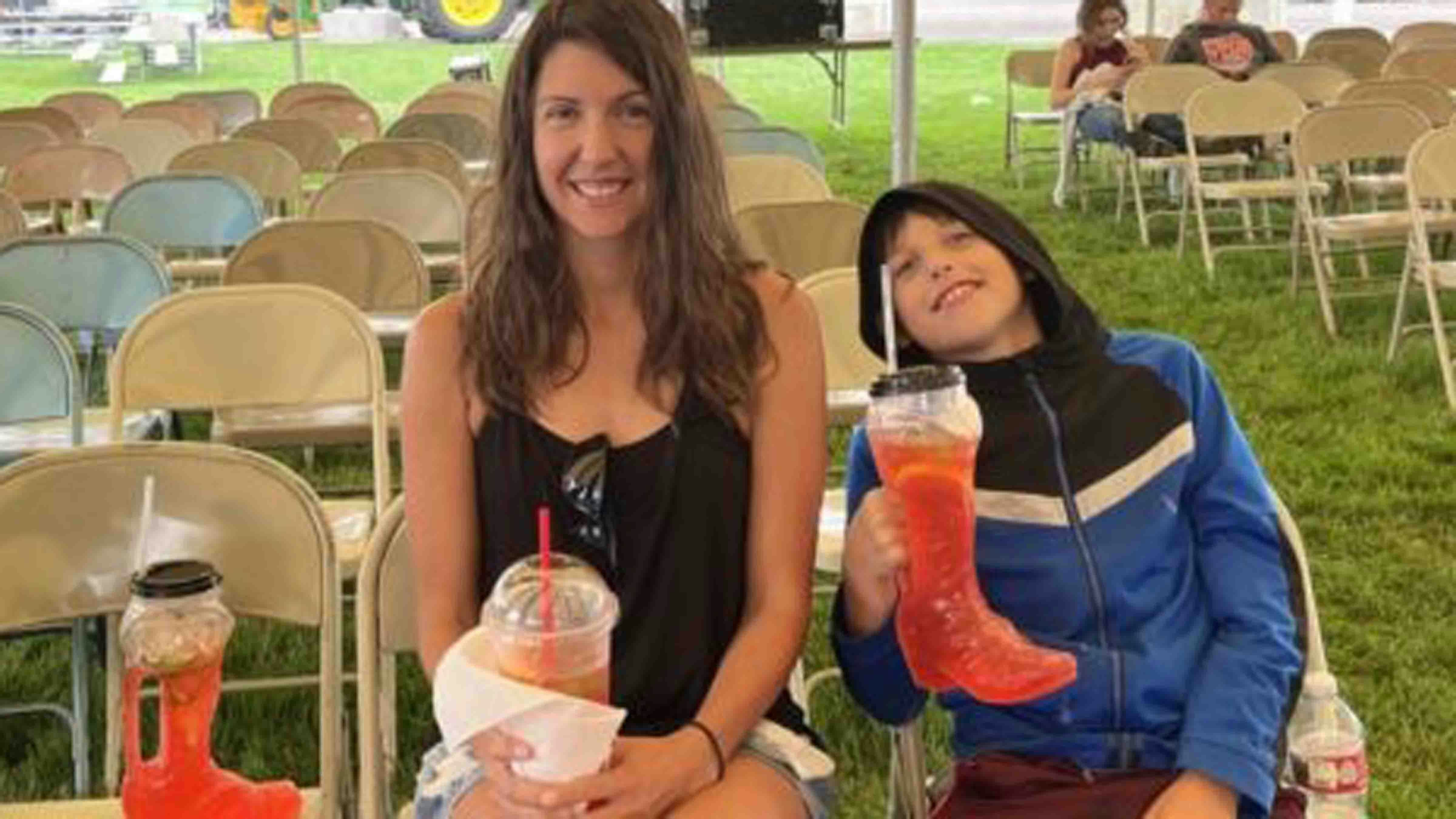In the 1960s, my father was still farming wheat, barley, and oats rather than ranching.
One summer, a hailstorm came through and flattened more than half the crop. My brother stood beside him surveying the damage and asked, “How can you believe in God when this happens?”
My dad answered: “Spring comes every year. How can I not?”
That moment wasn’t about religion. It was about faith -- not in a church or a doctrine, but in the land, the seasons, the cycle of effort and renewal. It was the kind of faith that doesn’t need to be spoken often, because it’s lived every day. And it’s that kind of faith -- not religion -- that has shaped Wyoming’s identity from the beginning.
Faith in this sense, is not about rituals or institutions. It’s about conviction and trust. My father’s faith was grounded in the dirt under his boots and the knowledge that the cycle would continue. My mother’s faith lived in community – neighbors who volunteered in schools, non-profits and elections, who believed that showing up for each other mattered.
This kind of faith runs deep in Wyoming. It was here before statehood, when Indigenous people, homesteaders, and even outlaws all placed their trust in the land and in each other.
It carried into the vote for statehood, when a vast, sparsely populated territory believed it could stand as a sovereign state and give women the right to vote.
Wyoming’s founders codified that belief in a Constitution that didn’t just allow for public education—it demanded it. Investing in education wasn’t just policy. It was an act of faith in the next generation.
You see it in the way we work.
Agriculture is a lesson in patience and trust—planting without guarantee of rain, knowing hailstorms may come, but planting anyway. Mining requires faith in things buried out of sight, in risk as a path to reward.
Our tourism economy depends on the belief that people will be drawn here not for convenience, but for something more enduring: wild places, quiet strength, and authenticity.
And today as Wyoming grows into new sectors like tech and small manufacturing, we see another kind of faith emerging -- faith in ideas, in entrepreneurship, and in the courage to build something new in a place known for holding onto the old.
Another core element of Wyoming’s identity is faith in individual responsibility.
It’s not just about taking care of yourself; it’s the belief that you are accountable for your actions, your land, your word, and your neighbor when it counts. It shows up in how we vote, how we work, and how we raise our kids.
It means you fix the fence, whether or not someone thanks you. It’s a conviction that the right thing is worth doing -- even when no one is watching. That deep-rooted ethic is a kind of secular faith: a lived trust that personal responsibility strengthens the whole.
Faith also lives in community. Whether in a ranching valley or a railroad town, we depend on each other. It shows up in volunteer fire departments, local elections, county fairs, and gifted casseroles.
In hard times, faith means trusting that help will come. In good times, it means celebrating without losing our grounding.
Of course, this faith isn’t without its shadows. The same loyalty to tradition that helps us endure can also make us resistant to change. Our pride in self-reliance can lead us to overlook those who need help. And our love of Wyoming’s past can slip into nostalgia, blinding us to what needs to evolve.
Faith, after all, requires more than just holding on—it requires hope and action for what comes next.
Mitch Albom’s book “The Five People You Meet in Heaven” reminds us that faith isn’t always religious. It can live in duty, in love, and in the unseen connections between people. We may never fully know the effect we’ve had on others, but that doesn’t make those effects any less real.
Faith is choosing to believe that our lives have meaning even when the reasons are not immediately visible. That what we build, plant, teach, or mend will matter—maybe not now, maybe not to us—but someday.
That was the kind of faith my dad held as he watched the storm clouds disband. It’s the kind we need now -- not in institutions, but in each other, in the land, in the idea that spring does come, every year.
And in Wyoming, that kind of quiet, stubborn faith has always been more than enough.
Cowboy State Daily columnist Gail Symons can be reached at gailsymons@mac.com.





